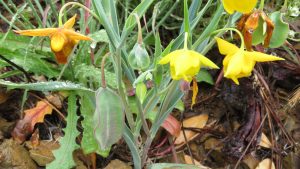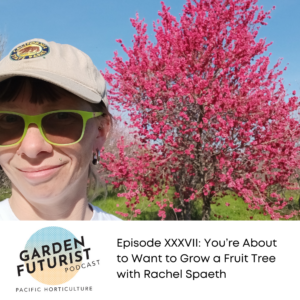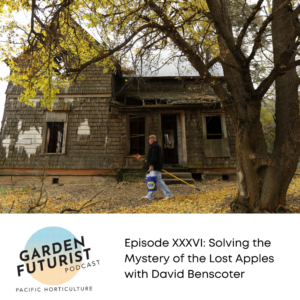

Contributor
- Topics: Archive, Nature is Good For You
A garden in mill Valley, California, with flowering plants clustered in masses to provide greater enticement for visiting bees. Photograph by Jaime pawelek
The authors are actively involved with the Urban Bee lab at UC Berkeley and UC Davis. The lab has been conducting an inventory of the native bees and their preferred flowers of urban California for the past five years. The lab also helps build and manage bee habitat gardens at several schools in the Bay area, and provides environmental education to a variety of schools and groups throughout the state.
The choices we make in planting our gardens can have positive impacts on the local wildlife, a point that has become familiar to many as they develop habitat gardens. Most are created with the goal of attracting birds and butterflies. Another group of skillful fliers that inhabit nearly every garden also deserves consideration: native bees. They provide us with the essential service of pollination and are the most effective pollinators we have. Gardens can be easily designed or modified to attract these important winged visitors, which come in an array of ...
READ THE WHOLE STORY
Join now to access new headline articles, archives back to 1977, and so much more.
Enjoy this article for FREE:
Articles: Calochortophilia: A Californian’s Love Affair with a Genus by Katherine Renz
If you are already a member, please log in using the form below.
Share:
Social Media
Garden Futurist Podcast
Most Popular
Videos
Topics
Related Posts
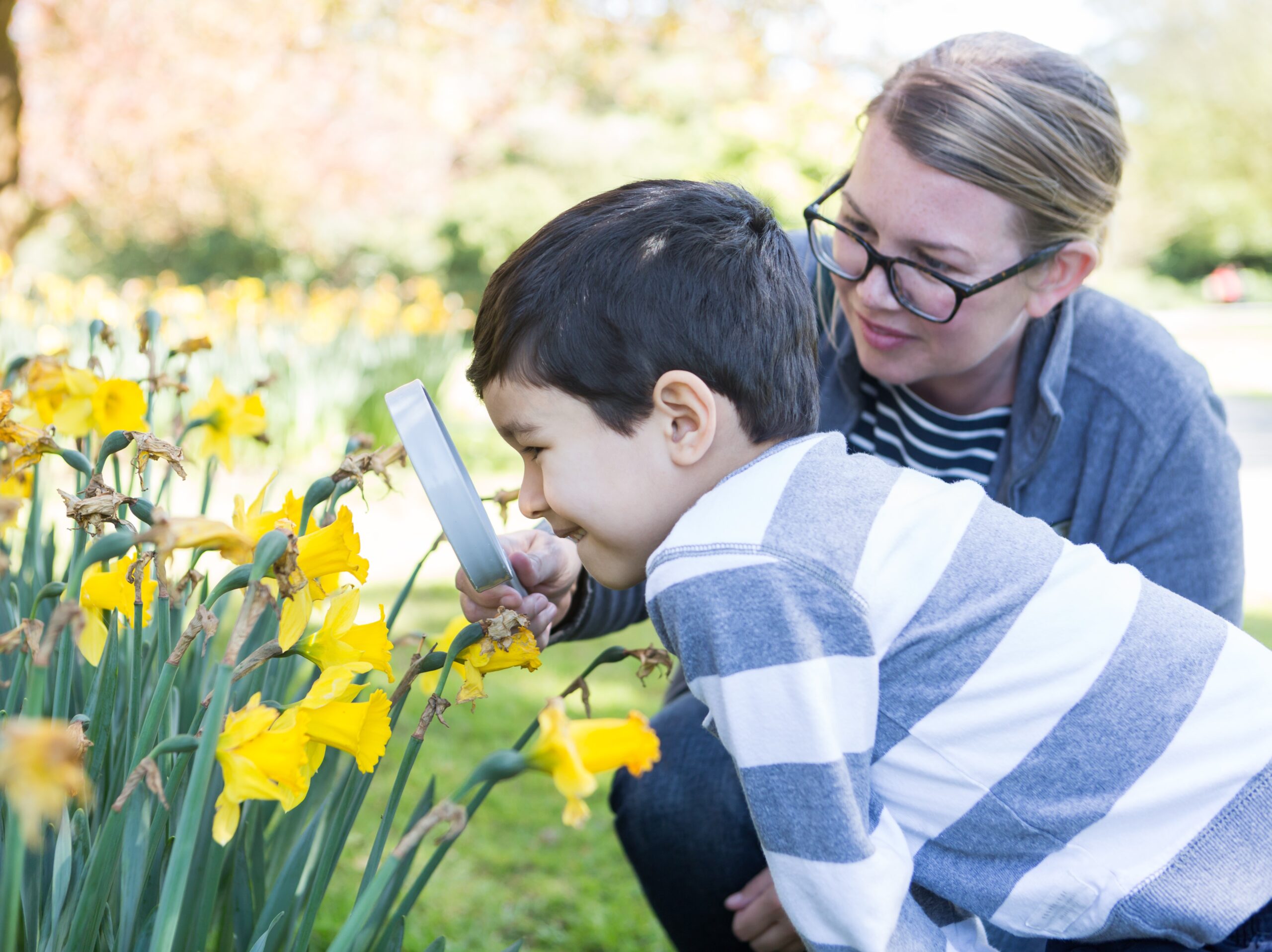
January Showers Bring February flowers…
Fall 2022 It may not quite have the same ring to it as the old English proverb, but it has a lot more truth to
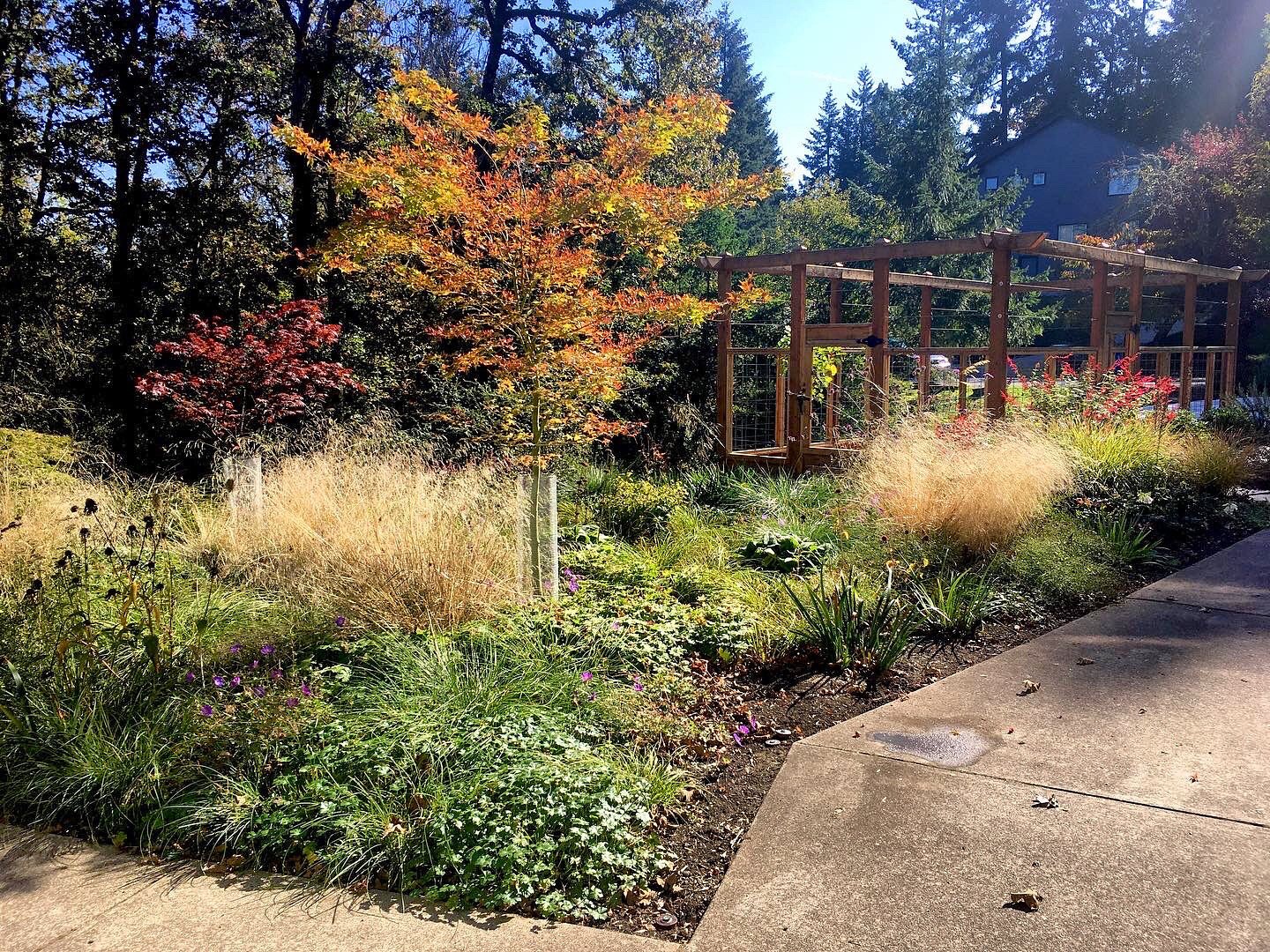
Low Maintenance Gardens – Better for Pollinators and People
Autumn 2022 “I come out every day. It’s therapy, my meditation.” Janet’s young garden transformed from overgrown, invasive plants to mostly natives. The dailiness of
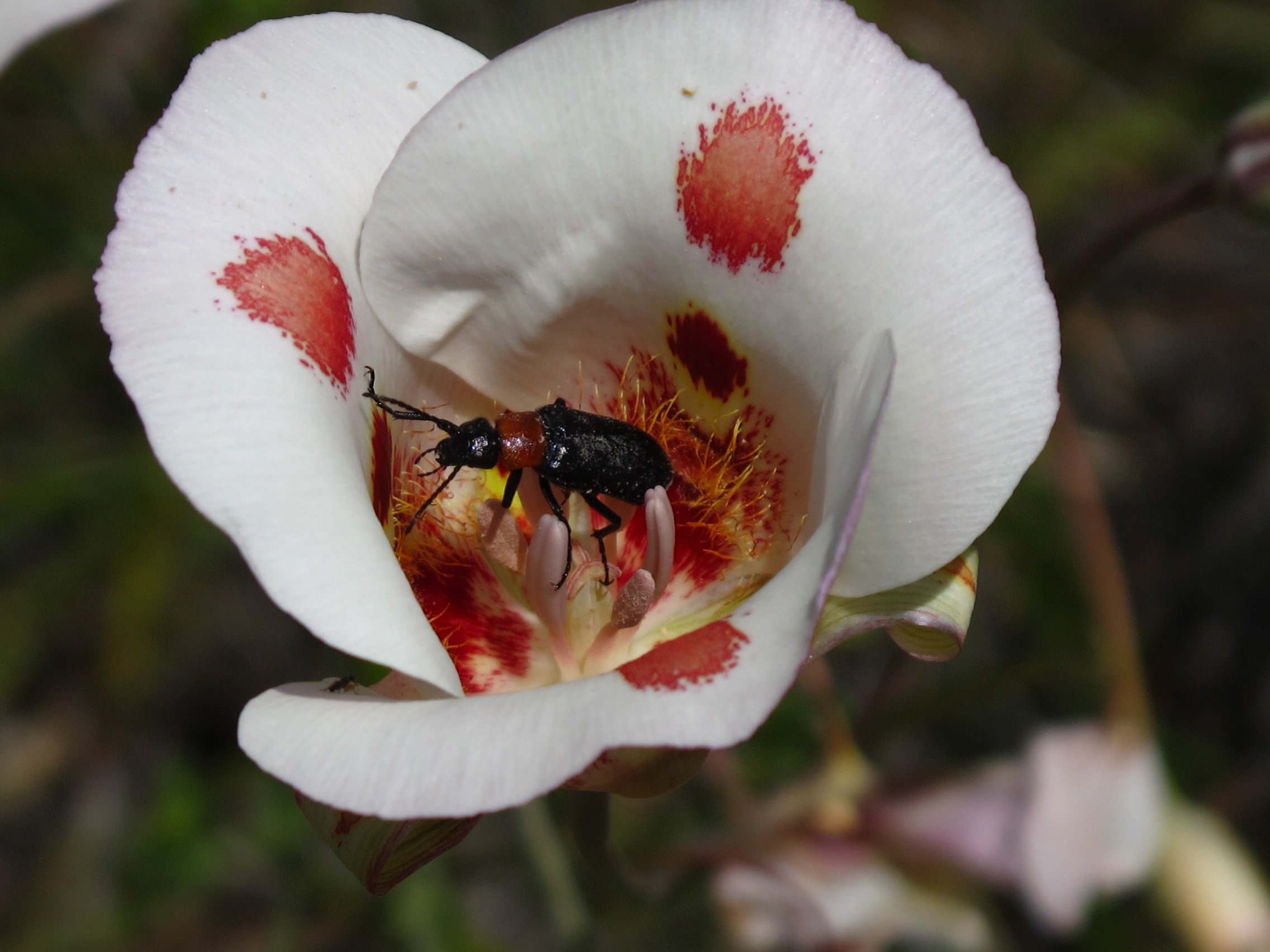
Calochortophilia: A Californian’s Love Affair with a Genus
Summer 2022 I can chart the progression of my life by Calochortus. For the last two decades, at least. As a teenage girl growing up
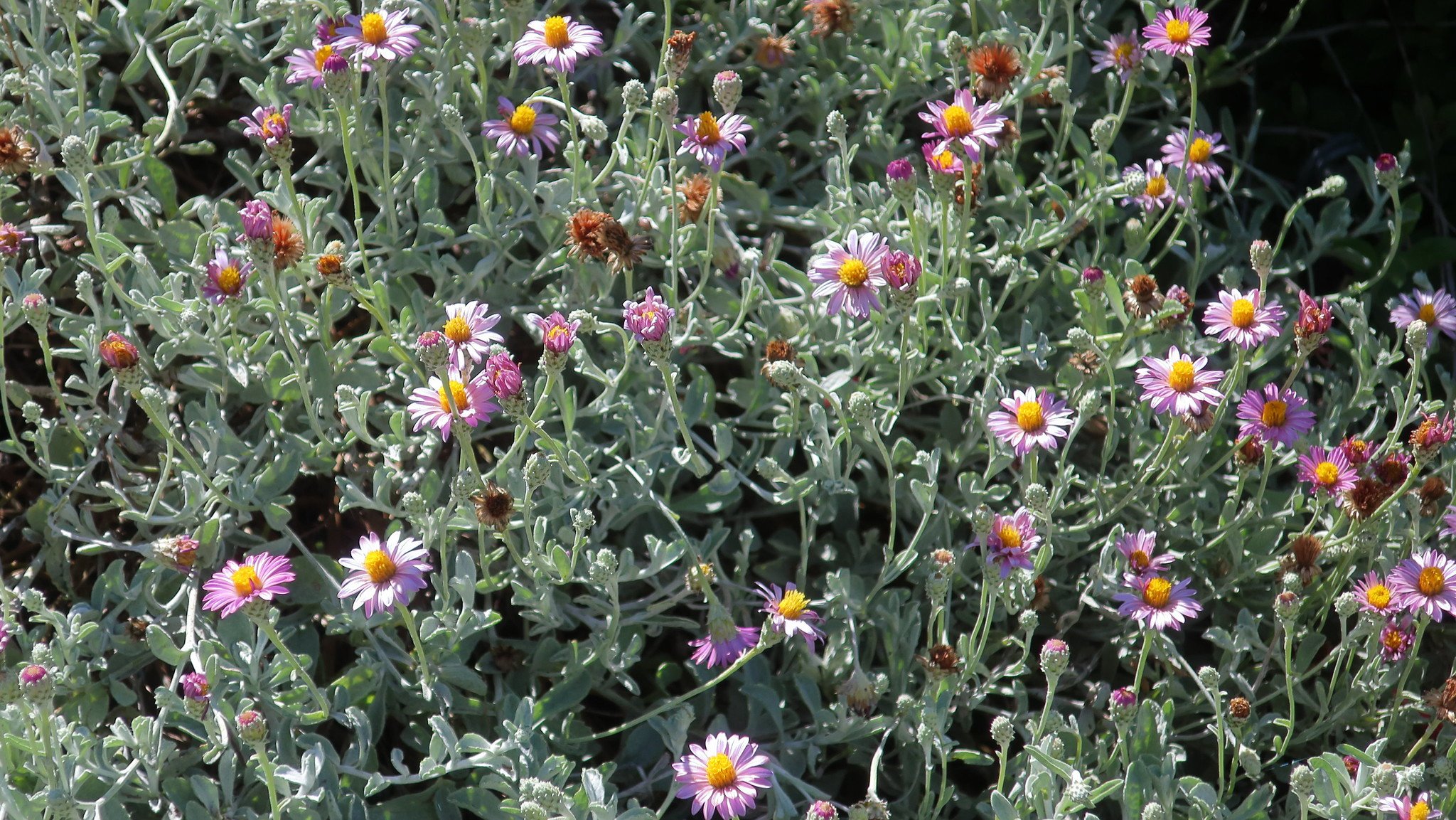
Pacific Plant People: Carol Bornstein
Spring 2022 Public gardens play a key role in demonstrating naturalistic planting design, selecting native and adapted plants for habitat, and testing techniques for reducing

